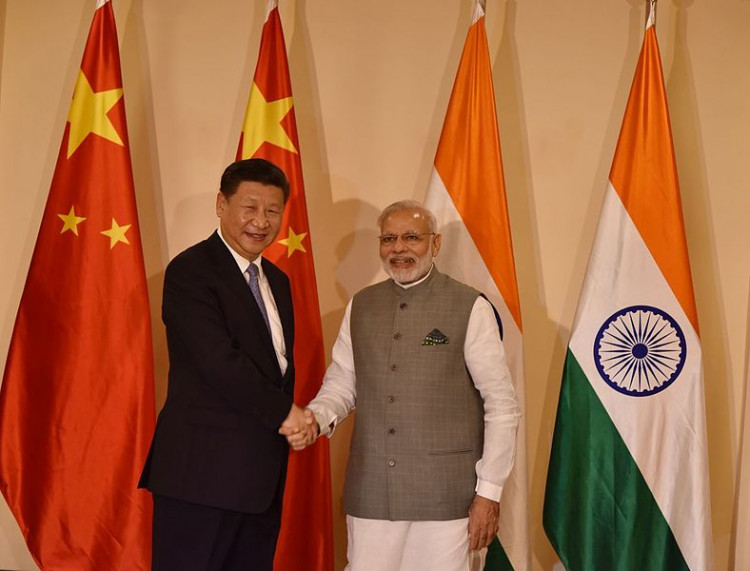Two of Asia's most powerful countries, China and India, have recently announced that they are putting together a joint training exercise which will take place in Afghanistan. The training exercise is reported to be aimed towards Afghan diplomats. A Chinese ambassador later confirmed that this is just a first of many exercises that the country, along with India, will launch in the Afghanistan in order to help uplift the war-torn country.
The recently announced joint diplomat exercises is the first of its kind to be launched by China and India. While this is a greatly positive news for the two Asian superpowers, it is important to note that the two countries have been embroiled in various diplomatic fracas before. Most notable of these are the fight for influence over the region covering Sri Lanka to Nepal, as well as the Maldives group of islands.
In terms of their influence in Afghanistan, both China and India have previously been on opposite sides. China have been a staunch ally of Pakistan as the two countries work together in their vision of stabilizing the war-torn country through various means, including talks and proposals to end the Taliban insurgency in the region.
On the other hand, India have been heavily focusing on investments in terms of economic projects, as well as lending help in training Afghanistan's army.
China's ambassador to India recently said that it is working with India to train 10 Afghan diplomats. The training will take place at the Indian Foreign Service Institute. This such exercise is seen by many observers as one of the first steps towards achieving the China-Afghanistan-India cooperation which was initially agreed during a summit that was attended by China's President Xi Jinping and India's Prime Minister Narendra Modi early this year.
During a speech, China's Ambassador to India Luo Zhaohui said that the training is just that beginning and that both China and India are bound to profit from it. Mr. Luo pointed out India's remarkable expertise when it comes to the agriculture and medical services sector, and added that China is also a pioneer in the hybrid rice industry and poverty reduction practices.
Mr. Luo later said that, in the future, China and India's cooperative help in Afghanistan will transcend from just diplomatic trainings to more "concrete projects." He also said that China and India's joint venture should also extend to neighboring countries such as Nepal, Bhutan, Myanmar, the Maldives, and even Iran.





